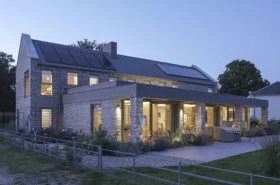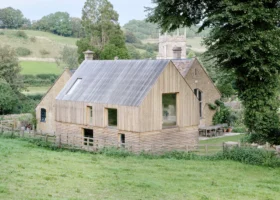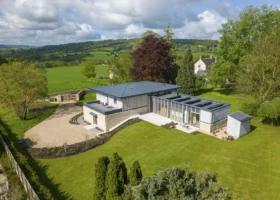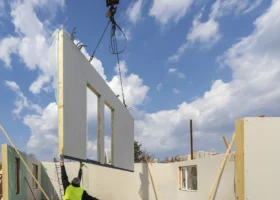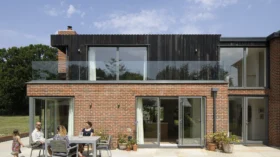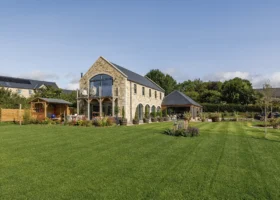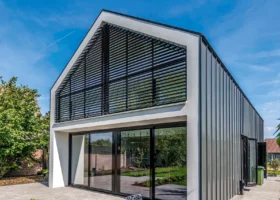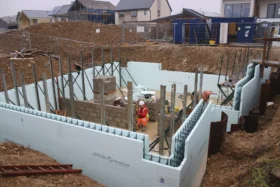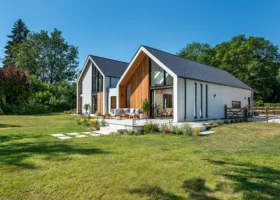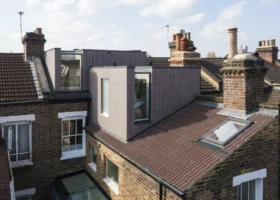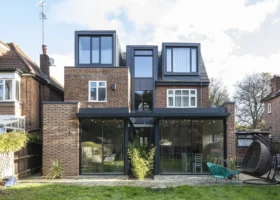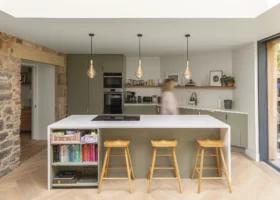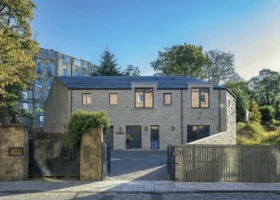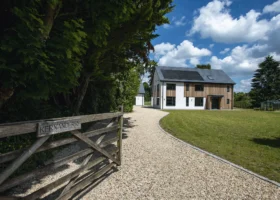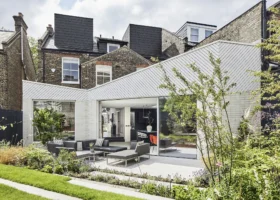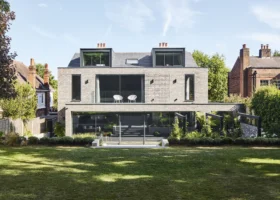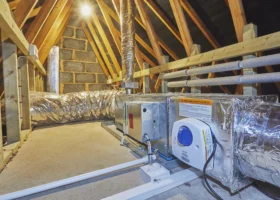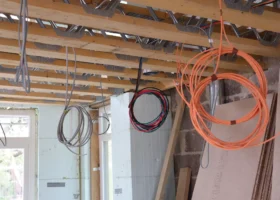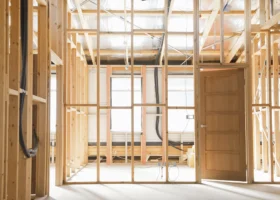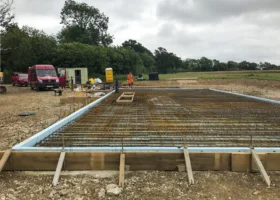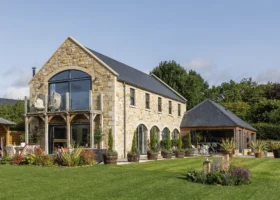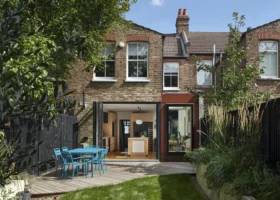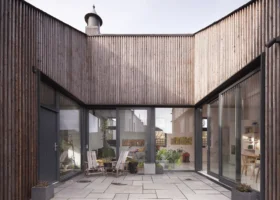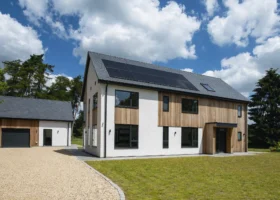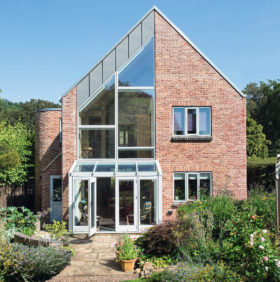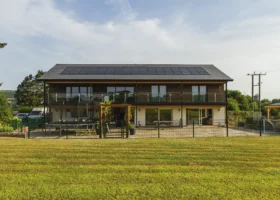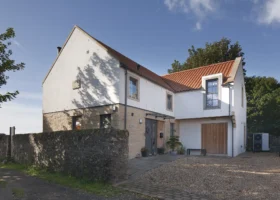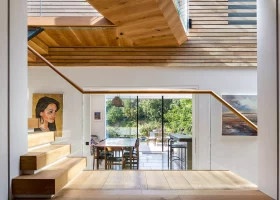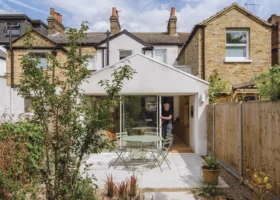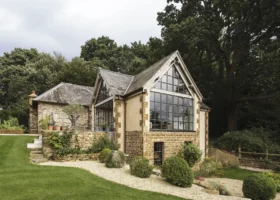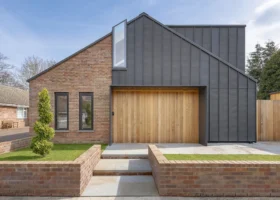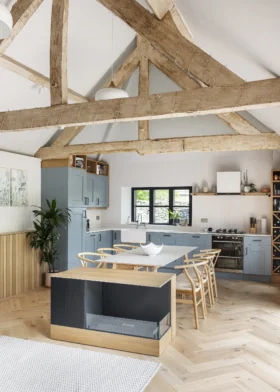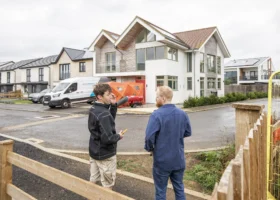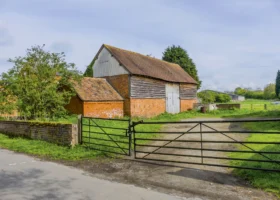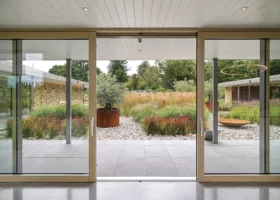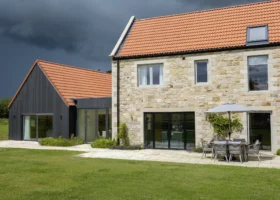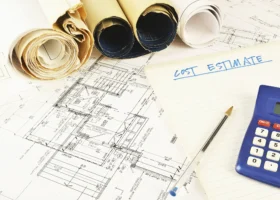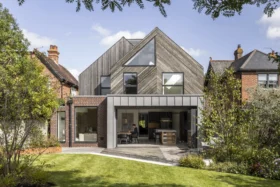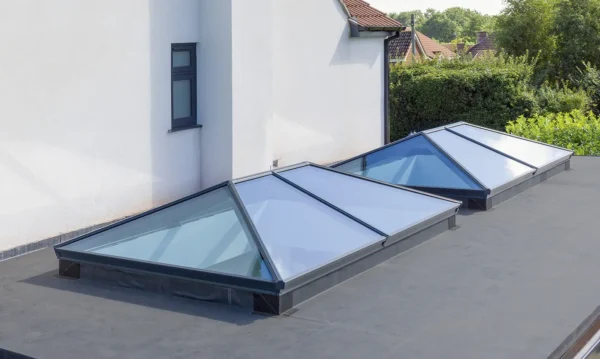Q&As
How do lenders value each stage of a self build?
We are looking at a self build mortgage where the mortgage company will value at each stage and then pay 75% of the value, but we’re not quite sure what that means. How do companies usually go about valuing a half built house? Cash flow is imperative to the build process.
They will lend 75% on the land (stage 1) to begin with. We have then calculated that we can pay for the foundations (stage 2) and frame up (stage 3) out of our savings before we run dry. Obviously we want to ensure the mortage lender will pay enough back on the first stages in order for us to complete the most expensive stages 4 (roofed in) and 5 (completion). The question is how do we know if they will pay enough?
Also I believe that they pay 75% of the value rather than 75% of the amount that has been spent on the build. It strikes me that these two values may be quite different.
Can you shed any light on this?
Answers
Hi Strawberry. As your circumstances are quite specific in relation to how you’re planning your savings/mortgage split, I’ve asked one of our expert finance contacts at BuildStore to give their thoughts – so we should have a fuller answer for you soon.
In the mean time our feature on self build mortgages should help shed some light on this: https://www.self-build.co.uk/self-build-mortgages-explained (the ‘considerations for stage payment mortgages’ section is particularly relevant).
Chris Bates (Deputy & Online Editor)
You’re right that cash flow is imperative to supporting a self build. If you can’t cover your bills/invoices when they fall due then a project can stall; or even go completely wrong!
The key to managing cash flow is twofold:
(1) You need to understand your costs, both in terms of the actual money you’re spending and the payment profile of these costs.
(2) You need to have a finance package in place that works for those costs and payment profile.
The traditional housebuying mortgage rules simply don’t apply to the self build market, so a specialist approach is required to get the right finance.
So on to the second part of your question – regarding certainty of the amount released at stage payments throughout the build. There are two types of self build mortgage: Advance Stage Payment (also known as Accelerator) and Arrears Stage Payment (traditional) mortgages.
The key difference between the two is that the Advance Stage Payment mortgage releases funds in advance of each agreed stage and therefore improves cash flow; whereas the Arrears pays out retrospectively.
With an Advance Stage Payment mortgage, the releases are based on the cost of the relevant stage – giving you certainty in the amount of funds that will be released. This allows you to budget and use your funds with the peace of mind that the lender will release enough money for that stage.
The Arrears-style scheme is usually based on valuations made during the build. The process here is that once a stage is completed, the lender will arrange for their valuer to inspect the work and authorise the release of a percentage of value at that time (less whatever mortgage funds you have already received, of course).
The uncertainty with Arrears self build mortgages is that you won’t know what the value is until after the stage is completed. For this reason, Arrears schemes are best suited to those who either have a significant amount of their own funds to put into the project, or where the land is already owned outright.
Rachel Pyne, director of financial services at BuildStore


